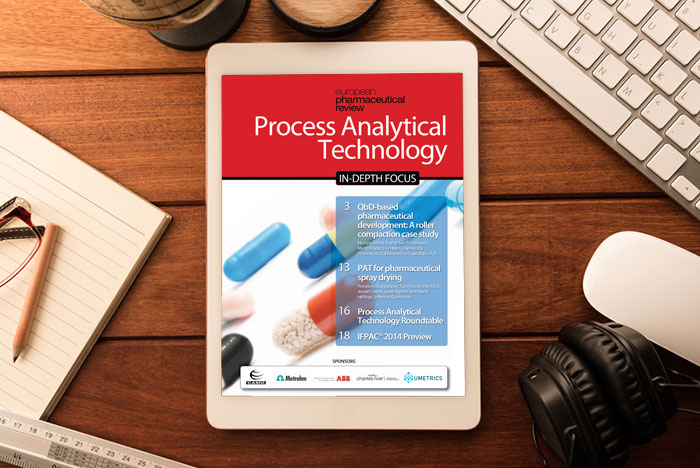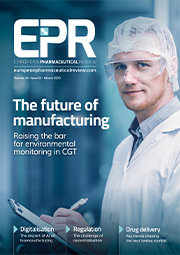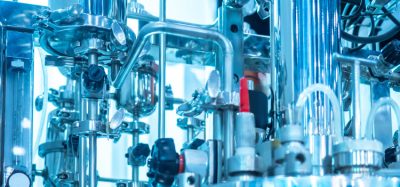Process Analytical Technology (PAT): In-Depth Focus 2013
Posted: 16 December 2013 | European Pharmaceutical Review
In this Process Analytical Technology (PAT) In-Depth Focus: Presenting a rational approach to QbD-based pharmaceutical development: A roller compaction case study, PAT for pharmaceutical spray drying, PAT Roundtable, Show Preview: IFPAC® 2014…


- Presenting a rational approach to QbD-based pharmaceutical development: A roller compaction case study
Authors: Morten Allesø, Anette Seo Torstenson, Mette Bryder and Per Holm, Chemical & Pharmaceutical Research at H. Lundbeck A/S
Identifying the optimal composition of a solid dosage form and choosing the most effective process technology for manufacturing is a multi-disciplinary task. The relationship between attributes of the active ingredient, excipient functionality and processing environment should be understood in order to provide a robust formulation and manufacturing process. As described in Quality by Design guidelines (ICH Q8, Q9), initial risk ranking of influencing factors, designed experiments and timely (and proper) application of analytical tools (either PAT or off-line) are key tools in establishing this relationship… - PAT for pharmaceutical spray drying
Authors: Anneleen Burggraeve, Tom Van den Kerkhof, Jeroen Geens, Lieve Bijnens and Mario Hellings, Johnson & Johnson
Pharmaceutical spray drying is a process in which a liquid feed is continuously transformed into dried particles by spraying the feed into a hot drying medium in the drying chamber. The dried particles are continuously discharged from the drying chamber and recovered from the drying medium using a cyclone or a bag filter. The technique is mainly applied to produce amorphous drug product with the end goal of obtaining a significantly increased bioavailability. As spray drying is considered a continuous process, it is important to ensure that a consistent product quality is delivered during the entire spray drying process. Process Analytical Technology (PAT) is a key element to gain a better understanding of the process and to allow developing a strategy guaranteeing that the process remains in a state of control… - PAT Roundtable
Moderators: David Littlejohn, Department of Pure and Applied Chemistry, Centre for Process Analytics and Control Technology and Julian Morris, Technical Director, Centre for Process Analytics and Control Technology - Show Preview: IFPAC® 2014
The premier international event on PAT and QbD
This Process Analytical Technology (PAT) In-Depth Focus is restricted - login or subscribe free to access


Why subscribe? Join our growing community of thousands of industry professionals and gain access to:
- bi-monthly issues in print and/or digital format
- case studies, whitepapers, webinars and industry-leading content
- breaking news and features
- our extensive online archive of thousands of articles and years of past issues
- ...And it's all free!
Click here to Subscribe today Login here
Issue
Related topics
Process Analytical Technologies (PAT), Quality by Design (QbD), Spray Drying
Related organisations
ABB, CAMO, Centre for Process Analytics and Control Technology, Charles River, H. Lundbeck A/S, IFPAC, Johnson & Johnson, Metrohm, Umetrics
Related people
David Littlejohn, Jeroen Geens, Julian Morris, Mario Hellings, Tom Van den Kerkhof






